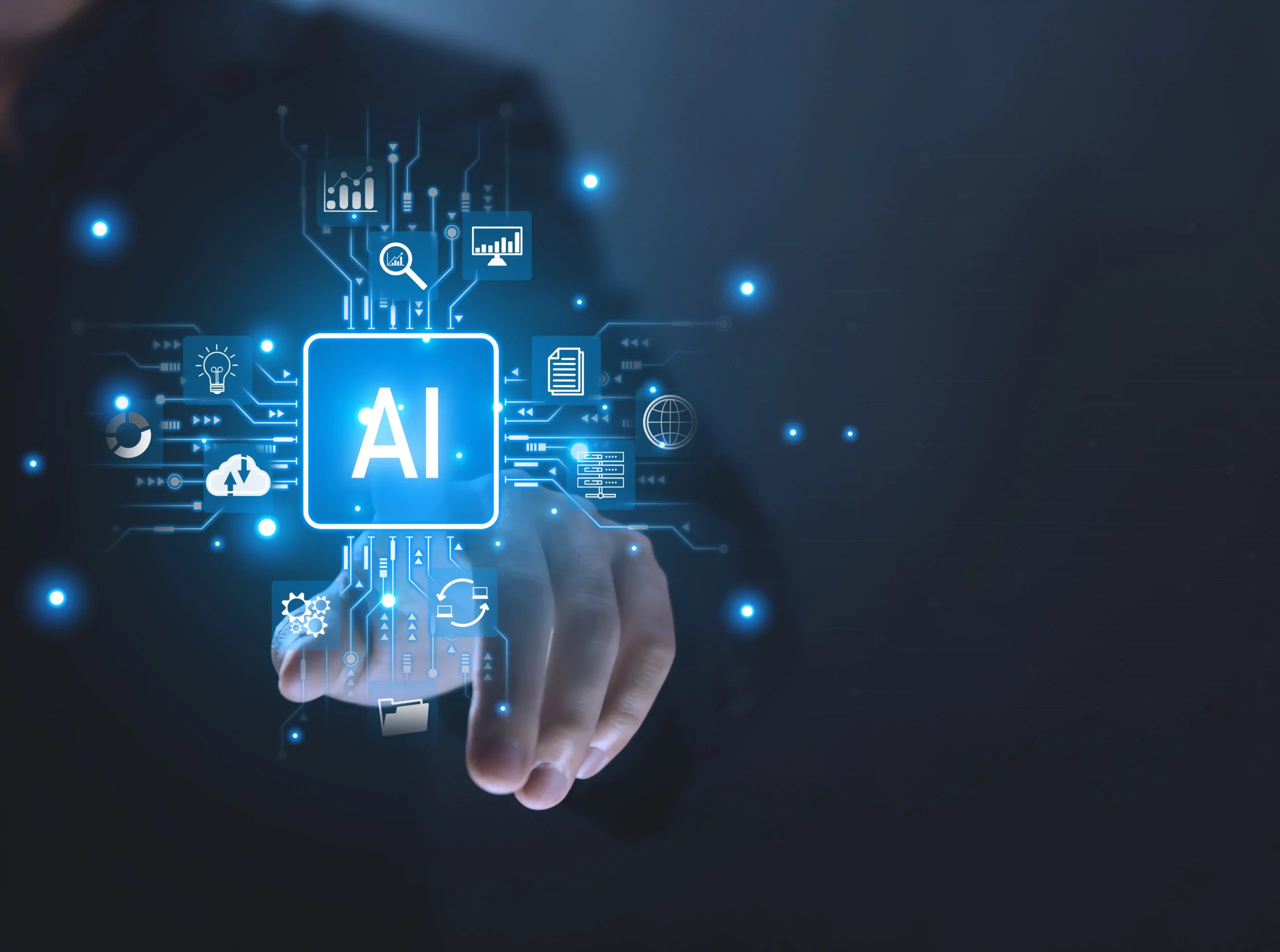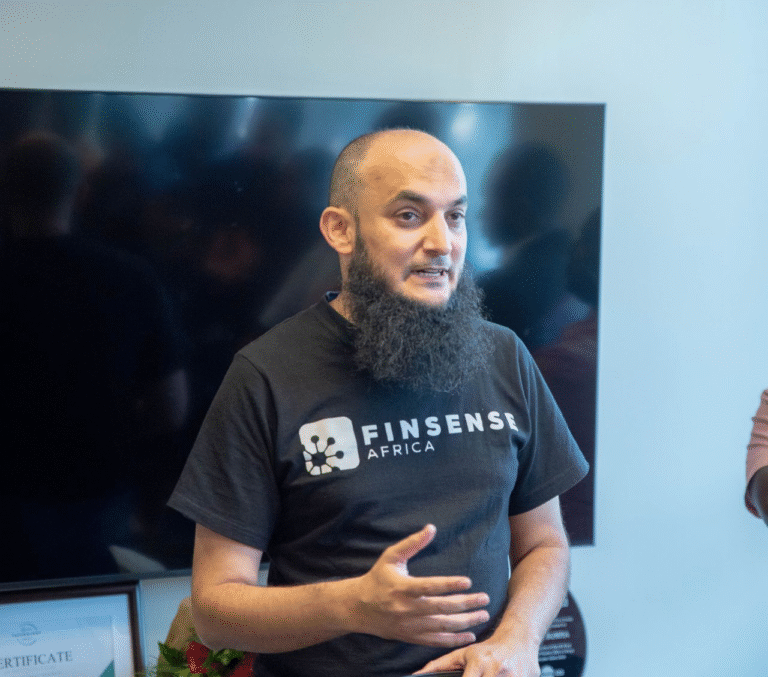Why Governments Must Embrace AI Now
As artificial intelligence rapidly reshapes how the world works, governments are under increasing pressure to catch up. AI is not just a trend in the private sector; it is fast becoming a core part of how public services are delivered, policies are made, and institutions operate. With generative AI alone projected to add up to $1.75 trillion in annual productivity gains to the public sector globally, the urgency to prepare governments for an AI-powered future has never been greater.
A new report from the Government AI Campus, supported by Apolitical, Google.org, and the Rockefeller Foundation, paints a clear picture: building AI-ready governments is not a luxury or future goal. It is an immediate priority that affects everything from citizen trust to state capacity and global competitiveness.
Closing the Readiness Gap
Despite the growing use of AI tools by civil servants, most governments are still lagging in terms of structured preparedness. While 82 percent of public servants have experimented with tools like ChatGPT in their daily work, only 37 percent of those responsible for AI-related projects have a clear learning plan in place. The result is a widespread disconnect: AI is being used informally across agencies, but without proper guidance, support, or ethical frameworks.
Countries such as Kenya, Brazil, and the United Arab Emirates are beginning to stand out. Kenya’s Africa Centre of Competence for Digital and AI Skilling, for example, is targeting the training of 100,000 public servants within two years. In the UAE, AI Campus training has been made mandatory for 54,000 federal employees. These examples offer a glimpse of how fast government capacity can be mobilized when there is commitment from the top.
More than anything, the report underscores that the AI gap in government is not just about access to technology. It is a skills and leadership gap that must be urgently addressed if AI is to be used safely and effectively in the public interest.
Shaping Smarter, Human-Centered Governance
One of the strongest points in the report is the emphasis on using AI to augment, not automate, the work of government. By taking over routine, low-value tasks, AI can allow public servants to focus on more strategic and impactful work, such as community engagement, policymaking, and crisis response.
The benefits are already visible. Governments are using AI to improve healthcare delivery, manage disaster response, and create more responsive public services. But the report cautions that unsupported or poorly understood AI adoption can backfire, leading to wasted resources, policy missteps, and a loss of public trust.
That is why the AI Campus promotes a people-first approach. It advocates for national AI strategies that prioritize ethical use, digital literacy, and cross-sector collaboration. As more governments join the program, a global learning community is taking shape. More than 10,000 public servants from 127 countries now connect through the Campus to share insights, support one another, and accelerate progress.
Over 4,000 public officials have also used the AI Readiness Check, a tool that helps organizations benchmark where they stand and chart a practical path toward greater preparedness.
A Defining Moment for Public Sector Leadership
The report makes one thing clear: the era of experimentation is over. Governments must now move toward institutionalizing AI capacity. This involves embedding training into professional development systems, updating regulations, and cultivating leadership that can navigate rapid digital change. For developing economies especially, this is a once-in-a-generation opportunity. AI has the potential to help countries leapfrog legacy infrastructure and unlock smarter, faster, and more inclusive models of development. However, this promise will only be realized if governments take deliberate steps to equip their public institutions with the necessary skills, tools, and ethical frameworks.
This begins with people. Governments do not just need more AI tools; they need public servants who are confident and capable of using them. People are the true infrastructure of an AI-ready state. Recognizing this, the Government AI Campus was launched in 2023 and has since trained over 100,000 civil servants across 150 countries in practical, ethical, and leadership-oriented AI skills. In Kenya, for example, the Campus has helped shift mindsets from fear to confidence, proving that AI can empower public servants rather than replace them. This people-first approach is essential to building trust, strengthening institutions, and ensuring long-term impact.
As the report concludes, AI in government is no longer a distant or abstract concept. It is already reshaping how societies function. The time to prepare is now. Governments that act today will define not only the quality of public services but also the level of public trust in the years to come.








